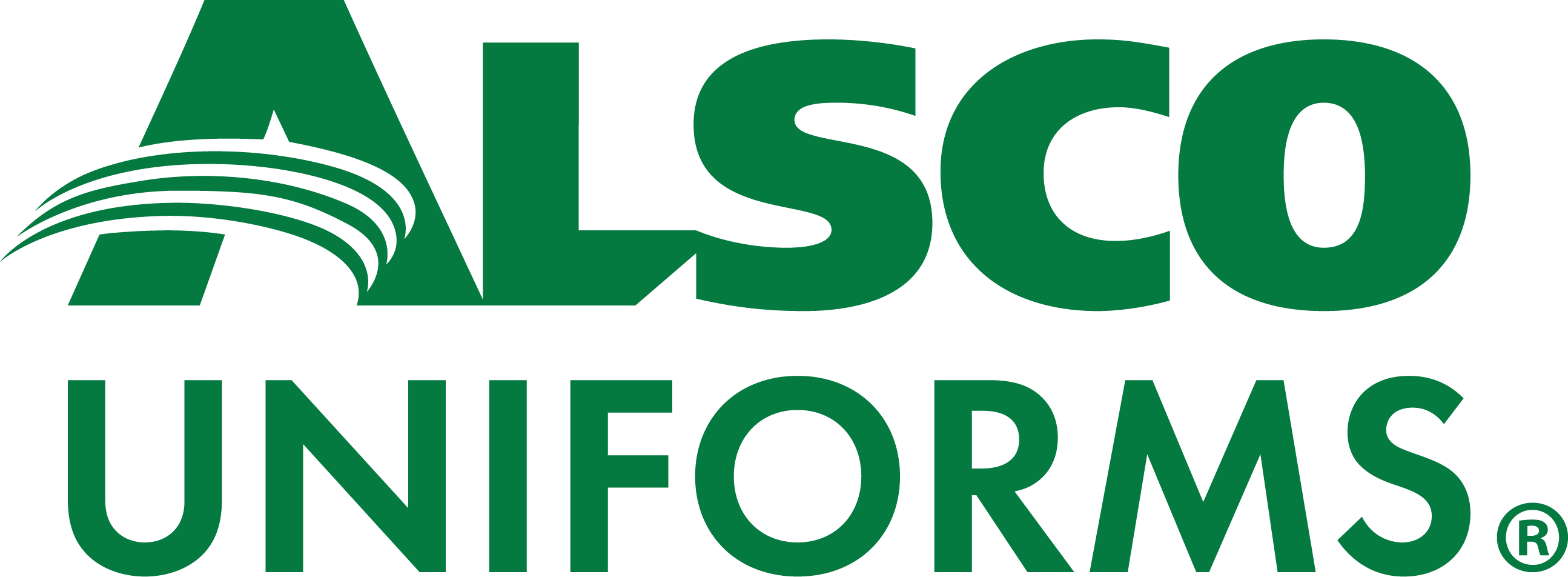
The best material for work pants is one that holds up under pressure while keeping employees comfortable. That combination isn’t always easy to find.
For example, workers once reached for denim when they needed work pants. However, researchers say that interest in denim is decreasing, especially among young people.
Cotton twill or ripstop could be good alternatives to denim in work uniforms. Here’s what you need to know about these two fabrics.
Cotton Twill & Ripstop Compared
If you’ve never heard of either cotton twill or ripstop, you’re not alone. This chart compares them side by side. Keep reading for even more detail.
Cotton Twill | Ripstop | |
What’s it made of? | Cotton | Nylon |
Weave pattern | Diagonal lines are visible on the face of the fabric | Fibers are tightly woven into a square shape |
Typical use | Chinos | Tactical or outdoor gear |
Work pant benefits | Durable, hides dirt, easy to clean | Resists tears, abrasion, and water |
Work pant drawbacks | Can be stiff, and thin fabrics can rip | Has limited stretch, and since it doesn’t breathe, it can be uncomfortable in hot spaces |
What Is Cotton Twill?
Cotton twill is typically made of cotton, as the name implies. The cotton fibers are woven in a diagonal pattern. If you look really closely at the surface of the fabric, you’ll see those lines. You may also feel them when you run your hands over the fabric.
Cotton twill is often used in products like chinos and gabardine. The fabric is considered durable and of high quality.
Twill is breathable and comfortable. If you’ve ever worn chinos, you know that the fabric is soft and moves with you. However, twill can also snag. When it does, one little puncture can turn into a deep tear.
Twill can also shrink and wrinkle when it’s washed improperly. However, stains can come out very quickly.
What Is Ripstop?
Ripstop is a nylon-based fabric. The fibers are woven very tightly in a square-like pattern, and sometimes, the fabric is reinforced with extra fibers to make the cloth even more durable.
Ripstop is often used in military uniforms. People need to look clean and crisp when they’re standing for inspection, and ripstop is a good choice. Some uniforms are also made of ripstop, as the cloth is very durable and hard to tear or puncture. It also won’t snag.
While ripstop is durable and crisp, some types of cloth won’t breathe properly. Uniforms made of ripstop can also be stiff and uncomfortable.
What’s the Best Material for Work Pants? Attributes Compared
We’ve outlined what cotton twill and ripstop are and how they work. Let’s dig into the top attributes needed in work pants, so you can make a smart decision for your business.
Durability
Few employers want to replace work pants after every shift. And employees may grumble about pants that fall apart while they’re working. Durable pants can make both parties happy.
Ripstop is typically more durable than cotton twill. If durability is the top concern, this is the best fabric choice.
Safety
People wear work pants because they spend every day in spaces that could hurt them. Work pants should protect them from things like scratches, scrapes, and punctures.
Ripstop is a very thick and durable fabric that comes with built-in abrasion protection. However, cotton twill can be reinforced (particularly at elbows and knees) and treated to protect against things like flames and punctures.
Breathability
Clothing that breathes makes for a more comfortable shift. People who wear pants like this may not sweat as much, and they may be better able to focus on their work.
Cotton twill tends to be more breathable than ripstop, as the weave isn’t as thick. If your work environment is hot and humid, twill can be a smart choice.
Movability
People who wear work pants are often tackling difficult tasks that involve things like bending, stretching, and kneeling. They need clothing that moves with them, so they won’t experience chafing while they work.
Cotton twill tends to be more flexible than ripstop. If your staff must bend and stretch a lot, it could be a good choice.
Moisture Protection
Some people who wear work pants are surrounded by water while they’re on the shift. They need work pants that can repel at least some of that fluid, so they don’t experience problems with yeast and other infections.
Ripstop is naturally water resistant due to its tight weave. However, both ripstop and cotton twill can be chemically treated to ensure they keep water out.
How to Choose the Best Material for Work Pants
Every workplace is different, as is every worker. The fabric that’s right for one space may not be right for another.
Before you make a binding decision for your staff, ask them to try a few products first. A trial of just a few weeks could give you enough information about the fabric that’s right for the long term. By asking them, it shows you care about their experience and comfort. This can go a long way in promoting job satisfaction and worker retention.
The Help You Need
If you’re looking for the perfect uniforms for your hardworking staff, look no further than Alsco Uniforms. We have more than 135 years of experience in linen rentals, and we’re considered an industry leader in this space.
We offer uniforms for a variety of industries, including automotive, industrial, and janitorial. We offer complete uniforms, including custom work shirts, pants, overalls, coveralls, jackets, and more. Rent what you need and know your uniforms will always be clean and ready to go with our uniform cleaning service. If a uniform is torn or stained, we take it out of the rotation, making sure that your employees always look great.
Reach out to us here at Alsco Uniforms today to learn about how we can outfit your employees in the right uniforms for your business. We’re here to answer any questions you have.
References
Jeans Are Getting Faded Out by Gen Z Shoppers and Remote Workers. (February 2023). Civic Science.
Cotton Twill. The Fabric of Our Lives.
